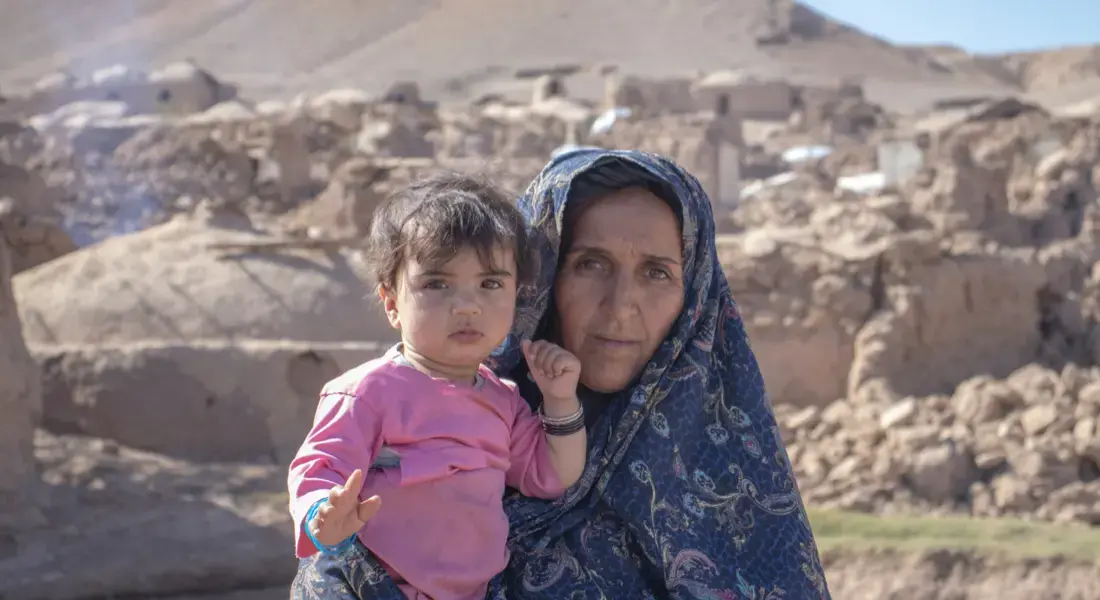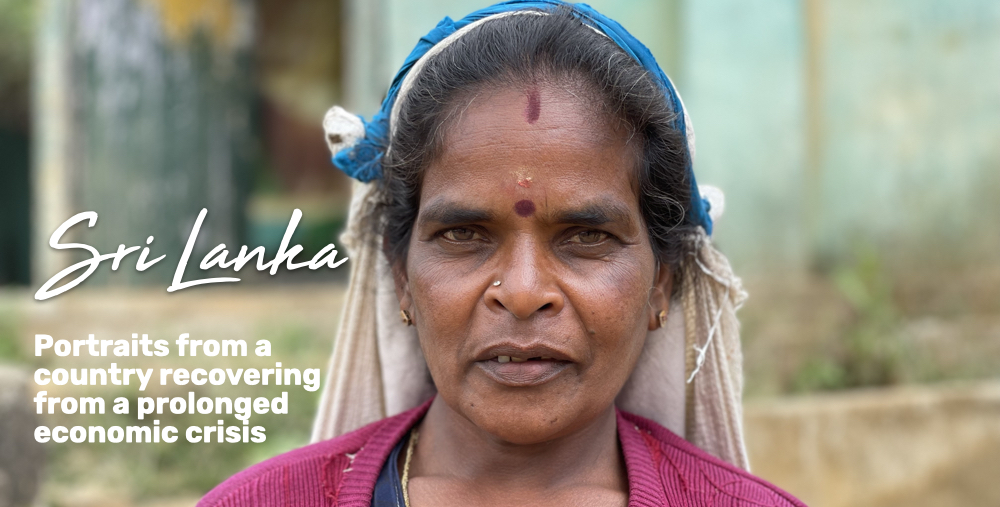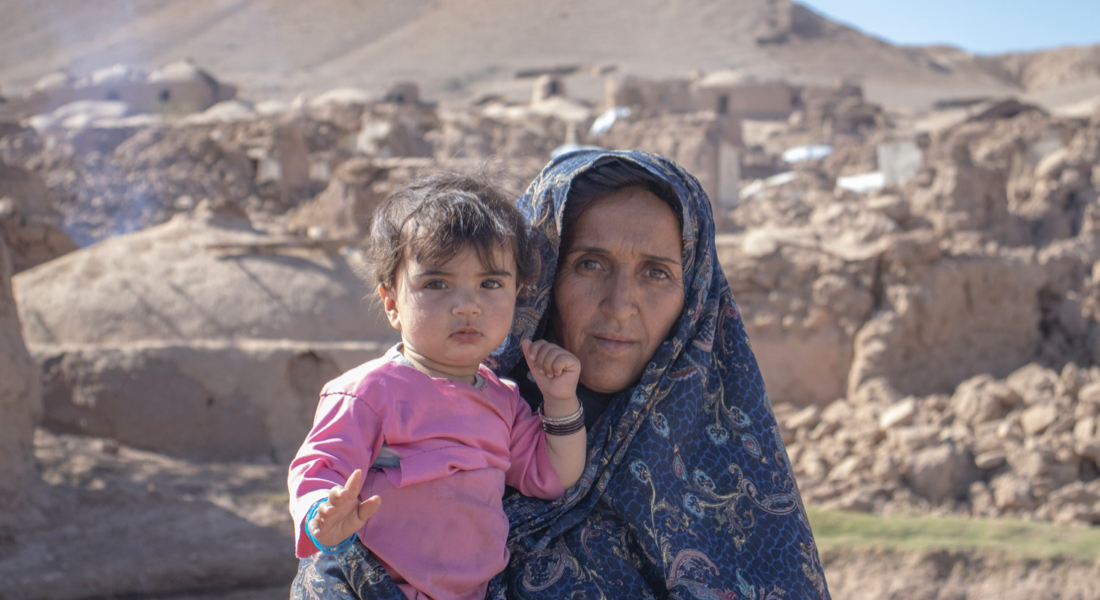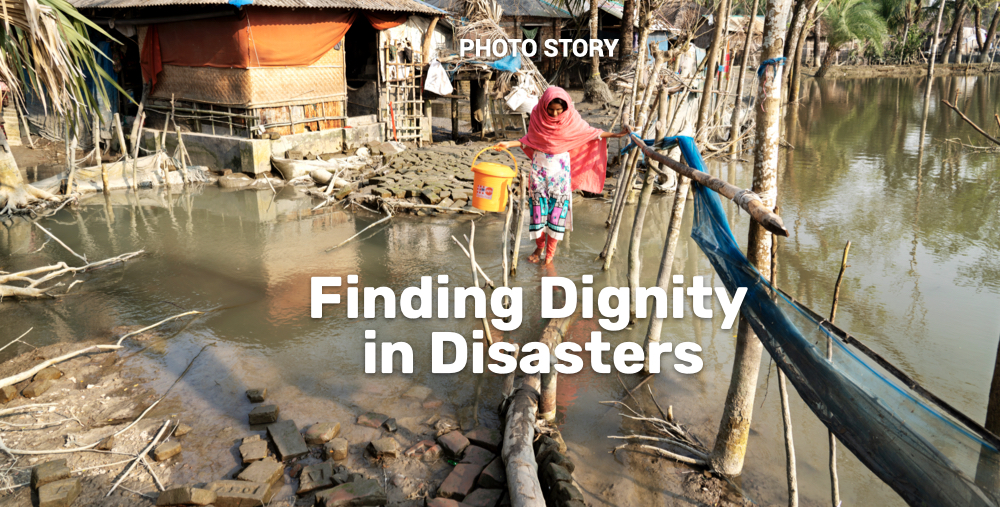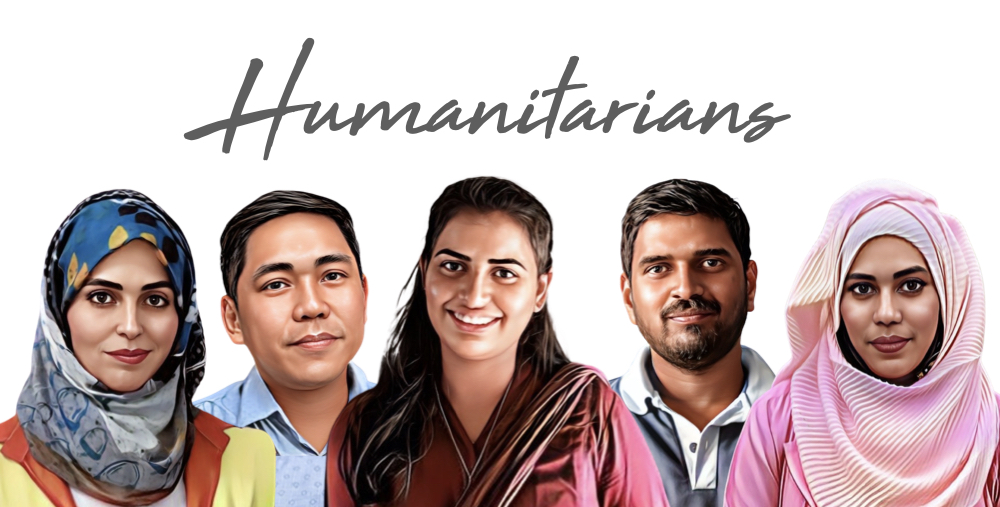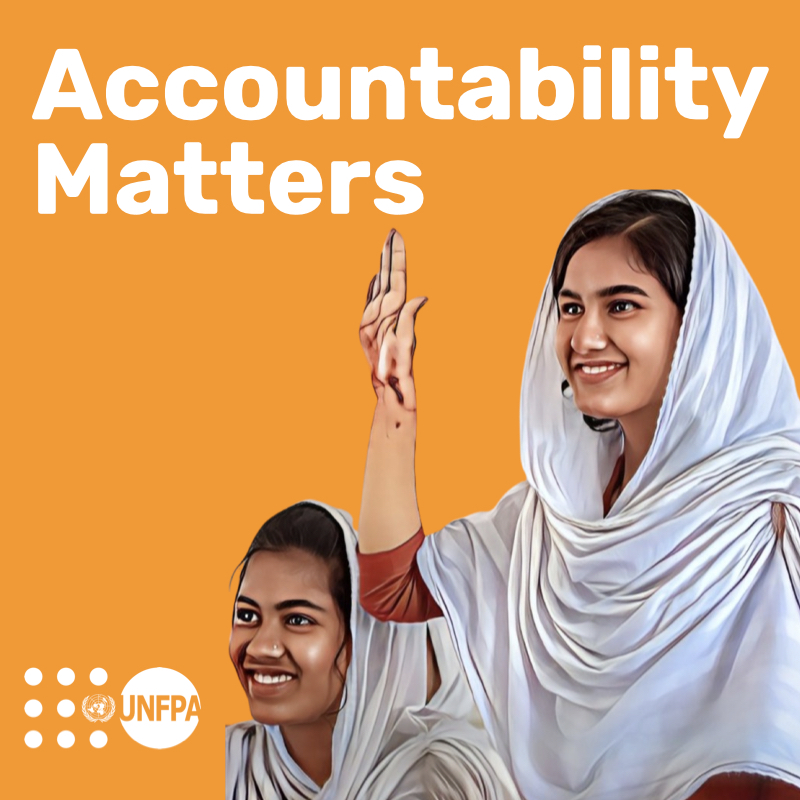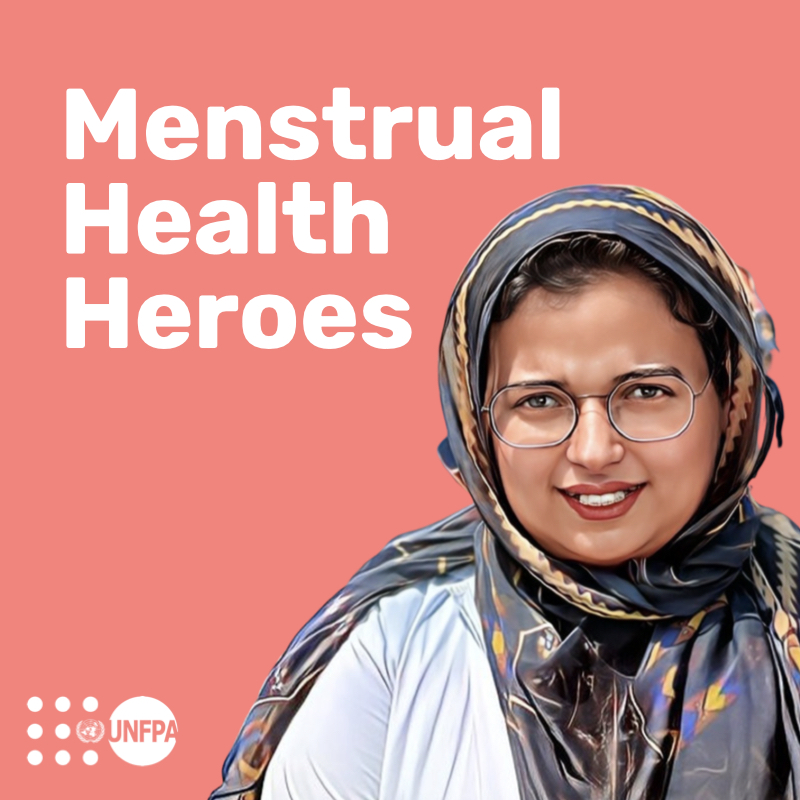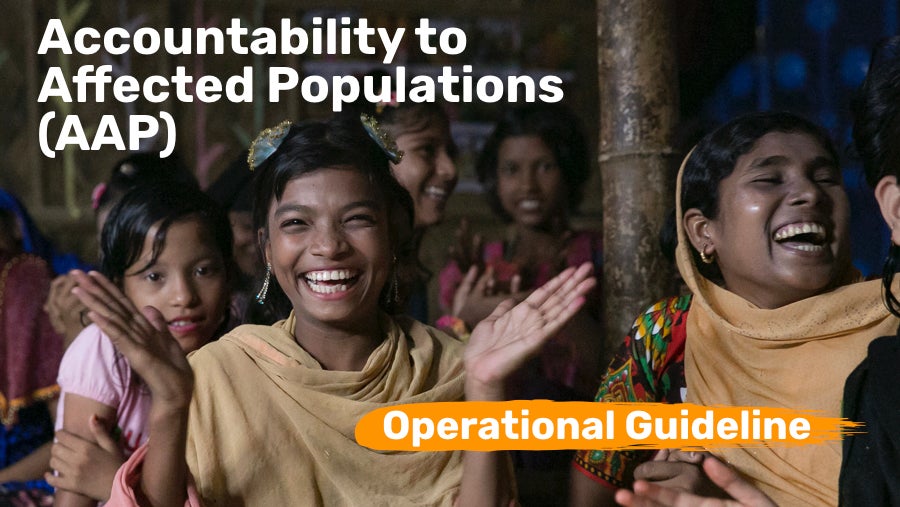Asia and the Pacific is world's most disaster-prone region
Climate-related disasters are forcing one person from their home every two seconds. In the world’s most disaster-prone region, an average of 142 million people has been affected by disasters annually since 1970, well above the global average of 38 million people. In 2018, eight of the ten deadliest disasters worldwide occurred in Asia and the Pacific. Although fewer people are dying from natural disasters today, there is an increase in the number of people affected.
Women and girl are disproportionately affected by humanitarian crises
Women and girls are disproportionately exposed to risk, increased loss of livelihoods, security, and even lives, during and in the aftermath of disasters. They lose access to essential sexual and reproductive health services and face significantly increased risk for unintended pregnancies, gender-based violence, sexually transmitted infections and maternal mortality. Every day, 507 women and adolescent girls die from pregnancy and childbirth complications in emergency settings globally, often as a result of sexual and reproductive health services being unavailable.
UNFPA is ensuring inclusive emergency response
UNFPA anticipates and implements efficient, quality and inclusive emergency responses to ensure that the reproductive health and protection needs are addressed before, during and after a crisis. UNFPA works closely with national governments, civil society organizations and other partners to build the capacity of institutions and communities and to advocate for sexual and reproductive health and protection needs. UNFPA works to ensure that life-saving supplies and services are accessible for the affected population. Priority areas include maternal health, family planning, prevention of sexually transmitted infections including HIV, adolescent health, and prevention and response to gender-based violence.
Expanding access to services in crisis-affected and fragile communities is a matter of life and death. Raihana Bibi, a 30-year-old woman in rural Pakistan knows this. “There was no vehicle in our village to take us to the nearest clinic when I went into labour,” she remembered. But a mobile health team was able to reach her in time. “I delivered a healthy baby girl two hours later." This is just one example of how UNFPA provides life-saving support to affected people.
To read more about UNFPA's life-saving work in Asia and the Pacific during humanitarian crises you can download:
Afghanistan: Overlapping disasters and the needs of returnees push Afghan women and girls to the breaking point. UNFPA is there to help. READ MORE
During conflicts, natural disasters and public health emergencies, sexual and reproductive health needs are often overlooked – with staggering consequences. Pregnant women risk life-threatening complications without access to delivery and emergency obstetric care services. Women and girls may lose access to family planning services, exposing them to unintended pregnancy in perilous conditions. Women and girls also become more vulnerable to sexual violence, exploitation and HIV infection.
UNFPA is on the ground before, during and after crises, working closely with governments, local NGOs, UN agencies and other partners to ensure that sexual reproductive health and rights and responses to gender-based violence are integrated into emergency responses. Every day, UNFPA ships hundreds of hygiene supplies and reproductive health kits to crisis settings, providing core life-saving services. UNFPA also deploys trained personnel and provides other crucial support to affected populations, working to ensure the needs of women and girls are served through preparedness, emergency and reconstruction phases.This collection of profiles celebrates some of the humanitarian heroes working in emergencies across Asia and the Pacific. LEARN MORE
|
Accountability to affected populations refers to the commitments and mechanisms that the humanitarian community has put in place to ensure that communities are meaningfully and continuously involved in decisions that directly impact their lives. Accountability to affected populations is about meaningful engagement, working with communities, and to actively seek and put forward the voices of the most vulnerable.
The UNFPA Asia Pacific Regional Office has developed a skills building package on this topic, comprising 6 short videos. The intended audience are humanitarian personnel, national and local partners as well as governments involved in preparedness, disaster risk reduction, and humanitarian response. WATCH THE VIDEOS |
|
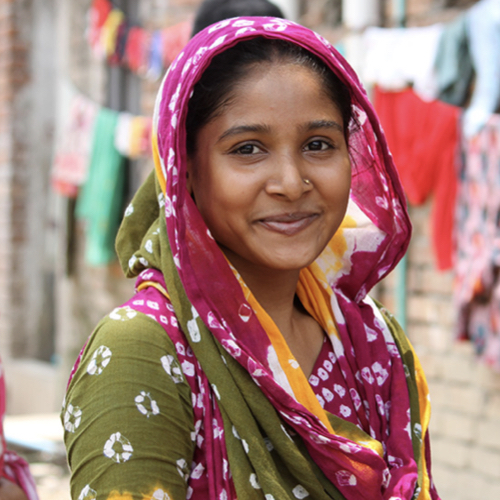 |
Cash and Voucher Assistance in Asia and the PacificUNFPA Asia Pacific has successfully integrated Cash and Voucher Assistance (CVA) in its programmes, recognizing that it can directly contribute to the Three Transformative Results it is committed to achieving by 2030: zero unmet need for contraception; zero preventable maternal deaths; and zero gender-based violence and harmful practices, and that it can bring benefits to the people it serves across the Asia Pacific region. READ MORE |
|
|
|
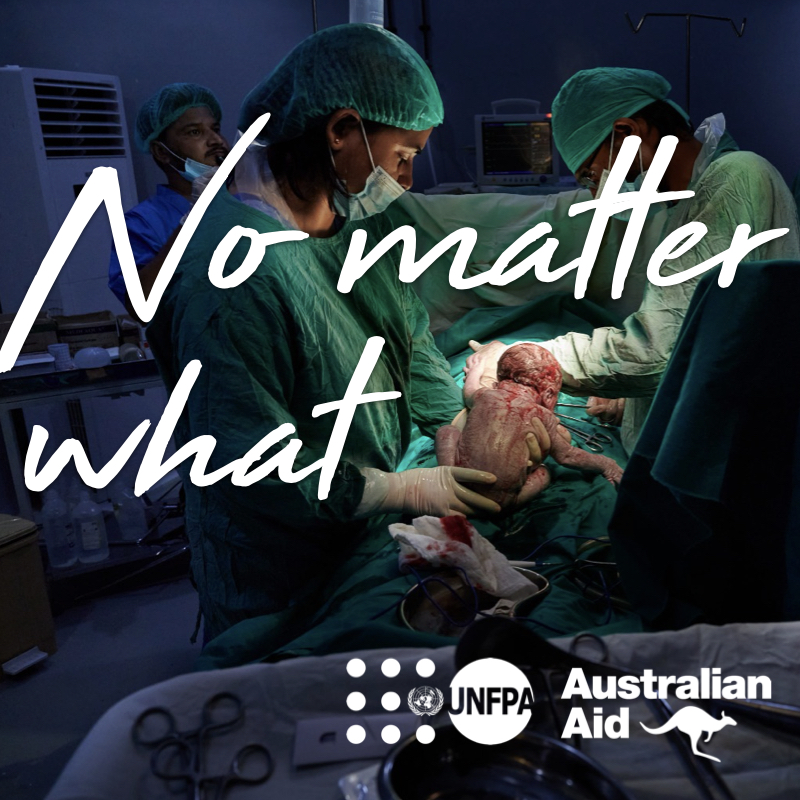 |
Humanitarians are on the front line of conflicts, climate disasters and complex crises across Asia and the Pacific. They go into these emergencies to deliver life-saving support and safeguard everyone’s right to dignity, safety and protection. Humanitarians risk their own safety to help others because they believe in the humanity that connects us. Through their strong sense of duty, selflessness and courage, humanitarians show us what is possible when we work for a greater purpose, when we work together. READ MORE |
| In emergency situations, the lack of access to basic menstrual supplies like menstrual pads or tampons can lead to a range of health problems including urinary tract infections and toxic shock syndrome. From the flooded fields of Pakistan to the cyclone ravaged islands of Vanuatu, women struggle to manage their menstruation safely, comfortably and with dignity. READ MORE | |
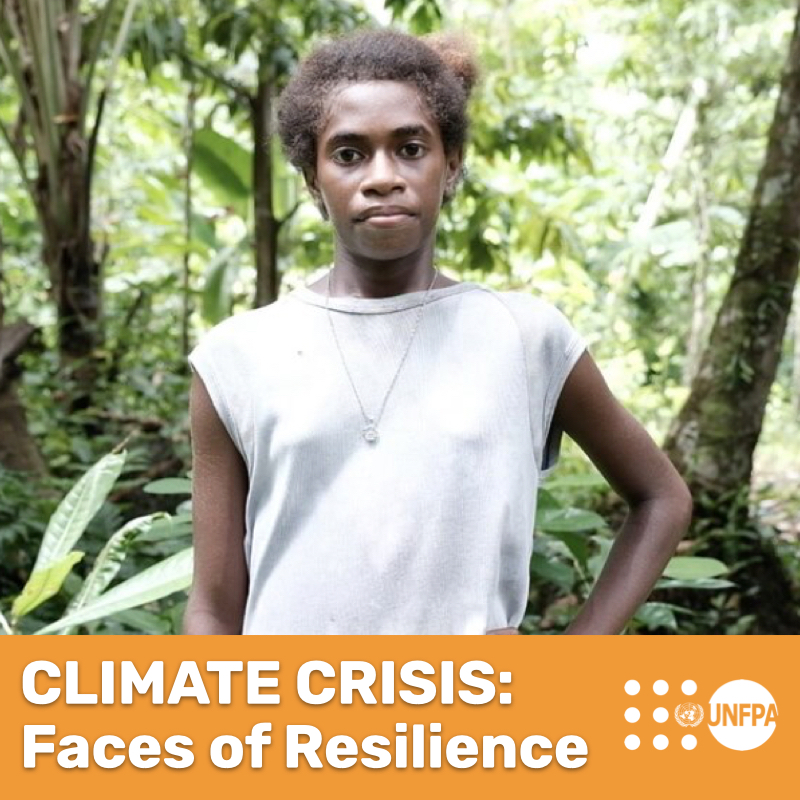 |
UNFPA works with retired midwives, young people on remote atolls, the LGBTQI+ community, women leaders, persons with disabilities and government officials to uphold the fundamental rights and dignity of marginalised groups, before and after disasters hit. The climate crisis is about much more than numbers, it is about the people and communities coping with the consequences of extreme storms, droughts, floods, food insecurity and displacement. UNFPA stands in solidarity with the Pacific communities facing climate change, and we hope that climate action can be scaled up so even the most remote islands can prepare for the impacts of coming disasters. READ MORE |
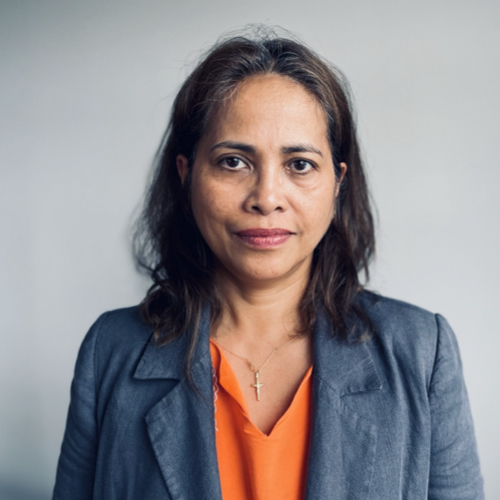 |
MISP Champions in Asia & the PacificThe Minimum Initial Service Package (MISP) for Sexual and Reproductive Health (SRH) is an international standard and set of essential life-saving actions and services that should be implemented at the onset of every humanitarian crisis to save the lives of women and girls. MISP is a starting point for SRH programming in humanitarian emergencies and should be sustained and built upon with comprehensive SRH services throughout protracted crises and recovery. WATCH THE VIDEO |
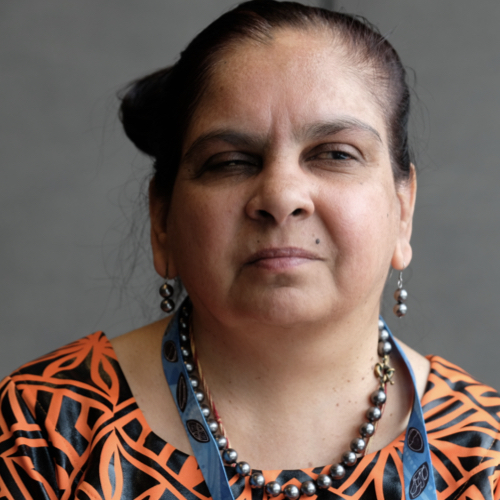 |
“We are the experts on disability”: Advocate Angeline Chand urges inclusive disaster preparedness and response in FijiAngeline Chand is an advocate for the rights of persons with disabilities in Fiji and across the Pacific. “Women and girls with disabilities are more vulnerable when it comes to disasters,” she says. Around the world, health and protection systems often struggle to account for the needs of persons with disabilities, especially amid disaster. In Fiji, as elsewhere, women and girls with disabilities report struggling to access sexual and reproductive health care – being confronted with communications challenges, stigma and discrimination by health-care providers and physical and geographic barriers to clinics. Gender-based violence is also a pressing concern. UNFPA works to bridge these gaps during crises through the distribution of dignity kits containing essential hygiene and sanitation items for women and girls, such as reusable menstrual pads and culturally appropriate clothing and underwear. The kits also include items like flashlights and whistles to make women and girls feel more secure and aid with mobility. READ MORE |
|
|

